Introduction
Because it is impossible to foresee the outcome of an uncertain occurrence, commodity intelligence entails lowering uncertainty by regulating risk variables. To effectively manage commodities risks, however, a clear perspective of the status of the business and the risks associated with it is needed, as well as a suitable risk management framework with the right people and the necessary tools.
Pricing, supply, and demand instability in commodity markets directly and significantly affect the company’s procurement budget, ability to save money, and overall profitability. The problem is that many commodity markets are incredibly volatile. Monitoring commodity price predictions and trends are integral to procurement teams’ and organizations’ strategic plans. It enables them to make data-driven planning and choices, foresee pricing-related risks, and manage suppliers proactively while avoiding supply chain disruption caused by price fluctuation.
Commodity price risk refers to the likelihood that price variations in commodities can result in financial losses for commodity purchasers or producers. Buyers are exposed to the possibility of higher-than-expected commodities prices. Commodity producers face the danger of lower commodity prices. Commodity producers and consumers can both use commodities markets to mitigate risk. Commodity price risk is a severe concern for businesses and consumers, not just commodity dealers, as the purchase and processing of diverse commodities, ranging from metals and energy to agricultural and food goods, is needed for everything from raw materials to finished products.
Methods of Measuring Commodity Risks
Producers most vulnerable to price drops earn less money for the commodities they create. Commodity consumers most vulnerable to rising prices increase the cost of the commodities they produce. The time lag between placing an order and receiving goods and exchange rate variations pose a risk to exporters and importers. Such risks should be effectively controlled for a firm to focus on its core operations without being exposed to unnecessary hazards. The methods used for measuring commodity intelligence include:

Methods to measure commodity risks
Sensitivity analysis
Sensitivity Analysis is performed by selecting arbitrary commodity price movements or basing commodity price movements on historical data. The risk is estimated by adding the currency and commodity price changes if the commodities are priced in a foreign currency.
Portfolio Approach
The company analyses commodities risk and a more extensive examination of the potential impact on financial and operational activities using a portfolio approach. The risk is calculated using stress testing for each variable and a combination of variables in a portfolio approach.
Value at Risk
When doing a sensitivity study known as “Value at Risk,” some businesses, particularly financial institutions, adopt a probability method. In addition to the sensitivity analysis of pricing changes outlined previously, the corporations assess the likelihood of the event occurring. As a result, sensitivity analysis is used to simulate the potential impact of commodity price movements on its exposures by analyzing historical price history and applying it to current exposures.
Commodity Intelligence for Profitability
Even though the costs of raw materials, services, and other commodities fluctuate so often in today’s dynamic market environment, it is astonishing to see that the end product’s price is virtually always consistent. Procurement managers continuously look for the most cost-effective products but may have to buy even if the price is high to meet the production schedule. On the other hand, Procurement managers can boost the company’s profitability by monitoring commodity price volatility and altering sourcing strategy. Adjusting the sourcing strategy does not imply buying in quantity when prices are low, as this could result in waste.

How to attain profitability using commodity intelligence?
Futures Procurement Contract
Signing a formal agreement to buy a specific commodity at a predetermined price at a specific period in the future is one of the best strategies to limit risks associated with commodity price volatility. The oil and gas industries and other commodities such as industrial metals, precious metals, seeds, cattle, and grains use futures contracts extensively. Such signed agreements allow the organization to manage better the risks associated with shifting commodity prices while increasing income predictability.
Price and Technology Trends
Companies may not always have the option of passing on higher commodity prices to their customers. Based on past data and projected patterns, significant commodity prices can be watched and predicted. Observing current market patterns and the global economy and employing standard forecasting tools can be a good signal for predicting commodity prices.
Bundling Services
Procurement managers who cannot limit risk due to variable commodity prices may use product and service bundling with a dependable supplier. Bundling products or services together hold the end product’s price by stabilizing the commodity’s ultimate price.
Price Forecasting Models
With the introduction of big data, purchase managers now have access to enormous data and information. An exact prediction of future commodity prices can be produced with proper prediction and study of elements influencing commodity prices. Purchase managers might use this data to make bulk purchases or postpone the procedure to increase overall profitability.
Future of Commodity Intelligence
At various periods, commodity markets have shown high price volatility, with unanticipated changes in demand or supply causing significant price fluctuations. It is not always easy for a commodity trader to keep track of every tiny change in a commodity price or other factors that affect that price. With commodity volatility and unpredictability increasing, and more data sources available to support decision-making, one thing is sure: AI will play a significant part in commodity intelligence in the future. It is possible to supply commodity intelligence unlike any other using artificial intelligence (AI).
Natural language processing (NLP) and machine learning (ML) are commonly used in commodity forecasting to automatically break down organized and unstructured data and construct models that predict commodity prices with minimal human interaction. Things that would usually be invisible to the naked eye can be brought to light, allowing manufacturers to foresee production, traders to forecast pricing, and buyers to plan more strategic procurement. NLP employs rendered algorithms to analyze written material, allowing techniques such as sentiment analysis to extract information from news articles, emails, and social media postings. Traders often use it to analyze current events and forecast market developments. On the other hand, machine learning (ML) involves algorithms that can be trained to act and think like people over time to improve predictions. A supervised learning approach means that as these algorithms are exposed to more data, experts who train the models can ensure that they keep improving.
Magistral’s services on Commodity Intelligence
Magistral’s services help companies to get an exact picture of their market position by accessing the correct forecasts and analytical reports, cutting through the market’s noise, and figuring out which risk indicators threaten their category and overall procurement strategy. Continuous insight programs that allow them to reach their full potential as strategic advisors to the rest of the company are also created. The services provided by Magistral are as below:
Predictive Price Analytics: All the services like Predictive Price Modeling, Price Tracking, Should-Cost Modeling, and Data Analytics are included under this head.
Expert Interviews: Niche Area Reports and Interviews of Specific Commodity Experts help in understanding the prices and other factors related to that commodity.
Risk Management Support: In this, Risk Intelligence reports and Custom reports are made to analyze the risk and reduce it further.
Price Tracking and Visualizations: Various MIS, Dashboards, and Data Analytics with layouts are prepared.
Business Impact Analysis: All those factors which affect the business are identified like supply disruptions, price changes, and volatility. Proper reports are made to explain how and what impacts it can cause to the business.
About Magistral Consulting
Magistral Consulting has helped multiple companies to reduce operations costs through its offerings in Procurement and Supply Chain offerings.
About the Author
The article is Authored by the Marketing Department of Magistral Consulting. For any business inquiries, you could reach out to prabhash.choudhary@magistralconsulting.com




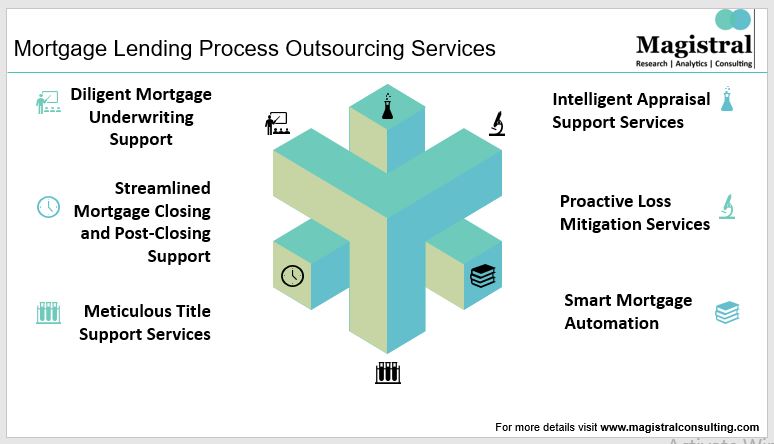




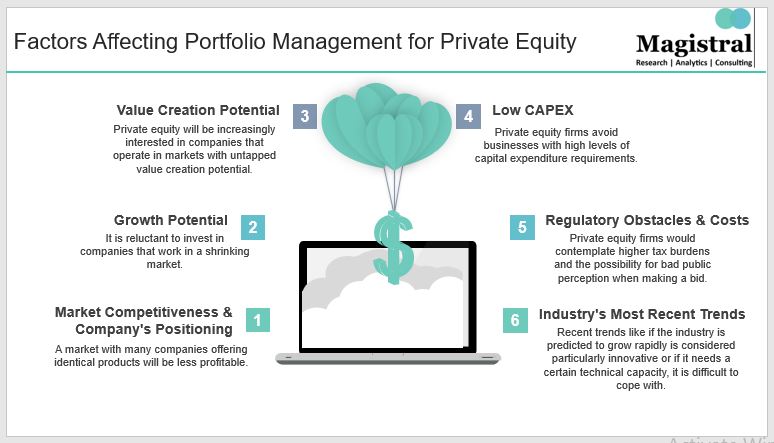
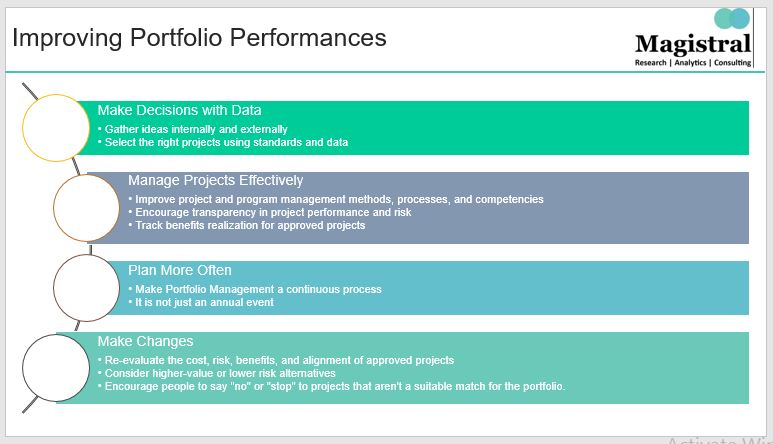
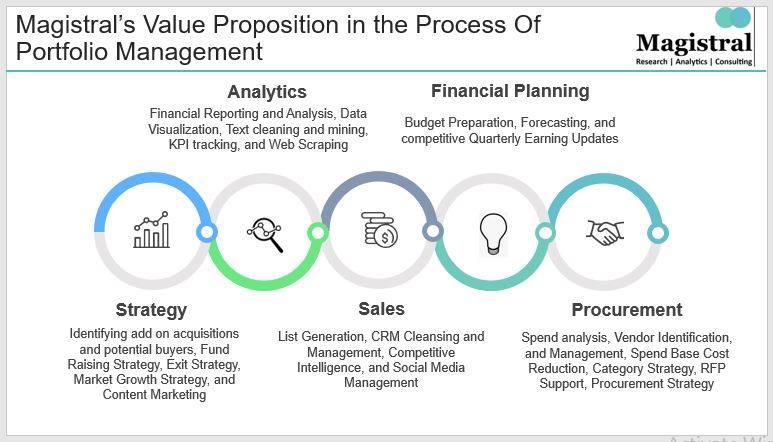
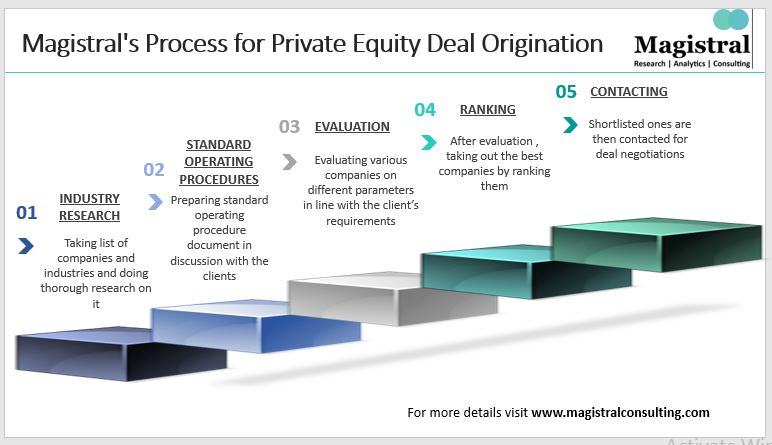




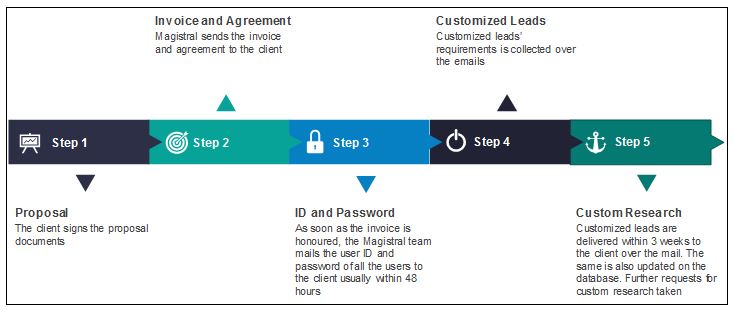
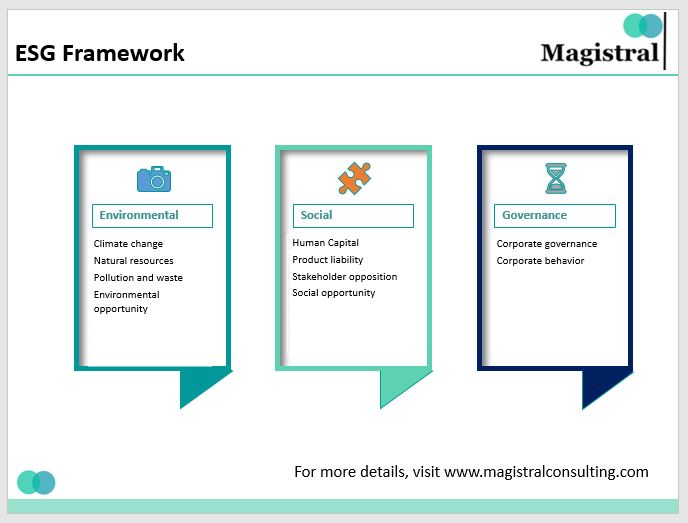



















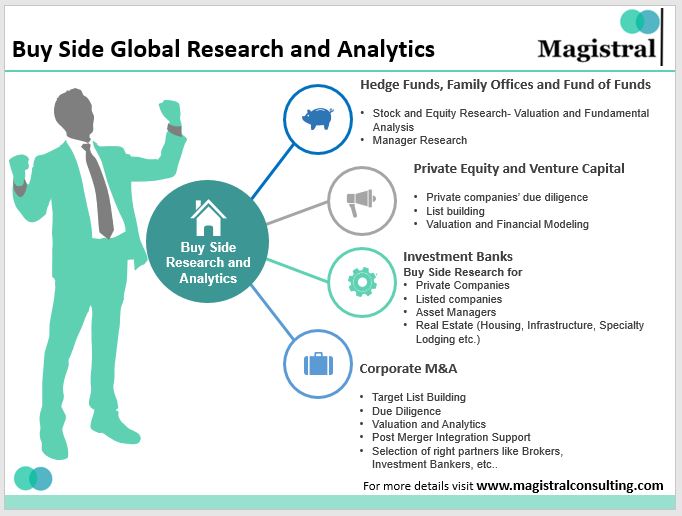









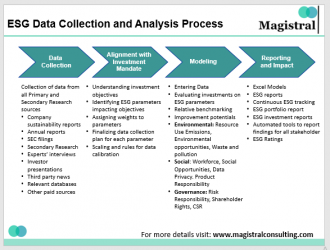








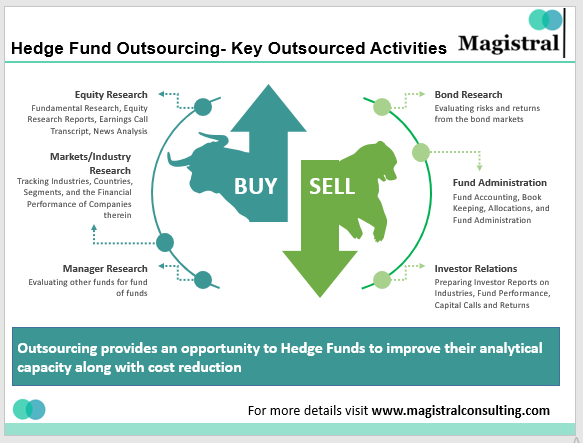



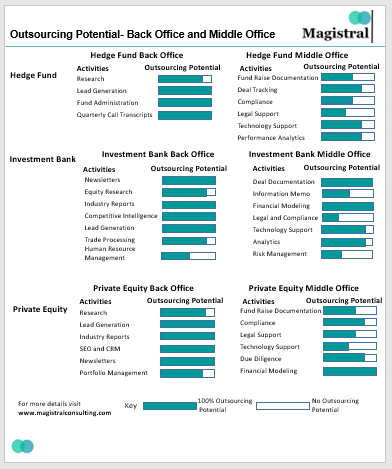
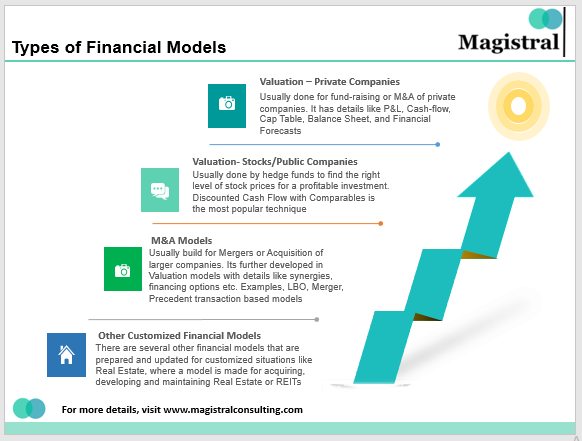
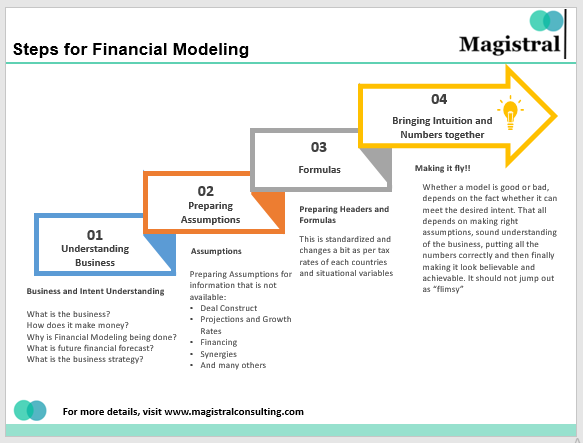



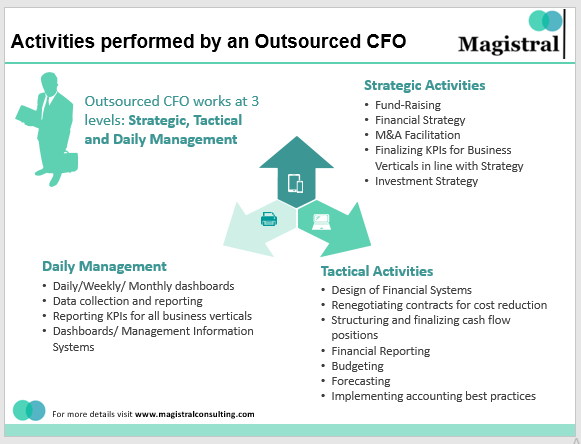

 Procurement is an area where cost optimization strategies start to show an impact on bottom-line almost immediately. It’s one of the foremost areas, which is attacked by experienced turnaround professionals. Direct sourcing which almost decides the profit margins of the organization or even its competitive standing in the market hogs all the management attention. Indirect sourcing at the same time is complex and requires expertise that is usually not present in the organization.
Procurement is an area where cost optimization strategies start to show an impact on bottom-line almost immediately. It’s one of the foremost areas, which is attacked by experienced turnaround professionals. Direct sourcing which almost decides the profit margins of the organization or even its competitive standing in the market hogs all the management attention. Indirect sourcing at the same time is complex and requires expertise that is usually not present in the organization.